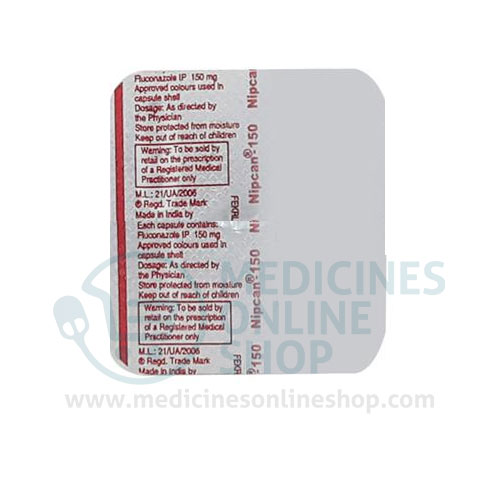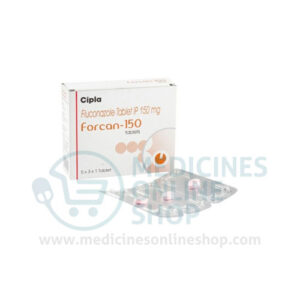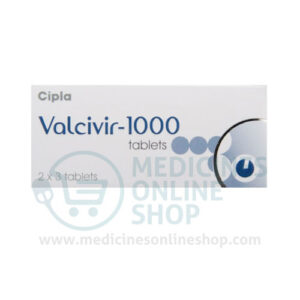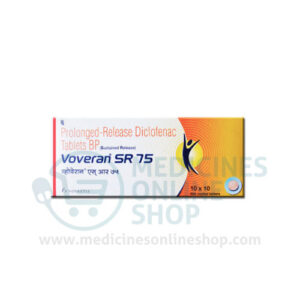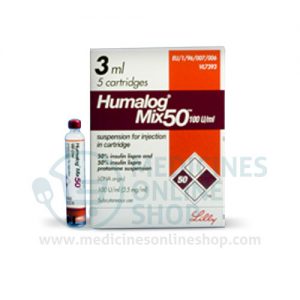Fluconazole Information
Pronunciation
floo KOE na zole
What is this drug used for?
• It is used to treat fungal infections.
• It is used to prevent fungal infections.
• This drug is used to treat vaginal yeast infections.
• It may be given to you for other reasons. Talk with the doctor.
Frequently reported side effects of this drug
• Headache
• Nausea
• Vomiting
• Dizziness
• Abdominal pain
• Diarrhea
• Change in taste
Other side effects of this drug: Talk with your doctor right away if you have any of these signs of:
• Liver problems like dark urine, fatigue, lack of appetite, nausea, abdominal pain, light-colored stools, vomiting, or yellow skin.
• Adrenal gland problems like severe nausea, vomiting, severe dizziness, passing out, muscle weakness, severe fatigue, mood changes, lack of appetite, or weight loss.
• Fast heartbeat
• Abnormal heartbeat
• Passing out
• Signs of a significant reaction like wheezing; chest tightness; fever; itching; bad cough; blue skin color; seizures; or swelling of face, lips, tongue, or throat.
Medication Safety Issues
Sound-alike/look-alike issues:
Fluconazole may be confused with flecainide, FLUoxetine, furosemide, itraconazole, voriconazole
Diflucan may be confused with diclofenac, Diprivan, disulfiram
International issues:
Canesten (oral capsules) [Great Britain] may be confused with Canesten brand name for clotrimazole (various dosage forms) [multiple international markets]; Cenestin brand name estrogens (conjugated A/synthetic) [US, Canada]
Storage and Stability
Tablet: Store at <30°C (86°F).
Powder for oral suspension: Store dry powder at <30°C (86°F). Following reconstitution, store at 5°C to 30°C (41°F to 86°F). Discard unused portion after 2 weeks. Do not freeze.
Injection: Store injection in glass at 5°C to 30°C (41°F to 86°F). Store injection in plastic flexible containers with overwrap at 20°C to 25°C (68°F to 77°F). Do not freeze. Do not unwrap unit until ready for use.
Adverse Reactions
Central nervous system: Dizziness (adults), headache (adults)
Dermatologic: Skin rash (adults)
Gastrointestinal: Abdominal pain, diarrhea, dysgeusia (adults), dyspepsia (adults), nausea (more common in adults), vomiting
Hepatic: Fulminant hepatitis, hepatitis, increased serum alkaline phosphatase, increased serum aspartate aminotransferase, increased serum transaminases, jaundice
Rare but important or life-threatening: Acute generalized exanthematous pustulosis, agranulocytosis, alopecia, anaphylaxis, angioedema, asthenia, cholestasis, diaphoresis, DRESS syndrome, drowsiness, exfoliative dermatitis, fatigue, fever, fixed drug eruption, hepatic failure, hepatotoxicity, hypercholesterolemia, hypertriglyceridemia, hypokalemia, insomnia, leukopenia, malaise, myalgia, neutropenia, paresthesia, prolonged QT interval on ECG, seizure, Stevens-Johnson syndrome, thrombocytopenia, torsades de pointes, toxic epidermal necrolysis, tremor, vertigo, xerostomia
